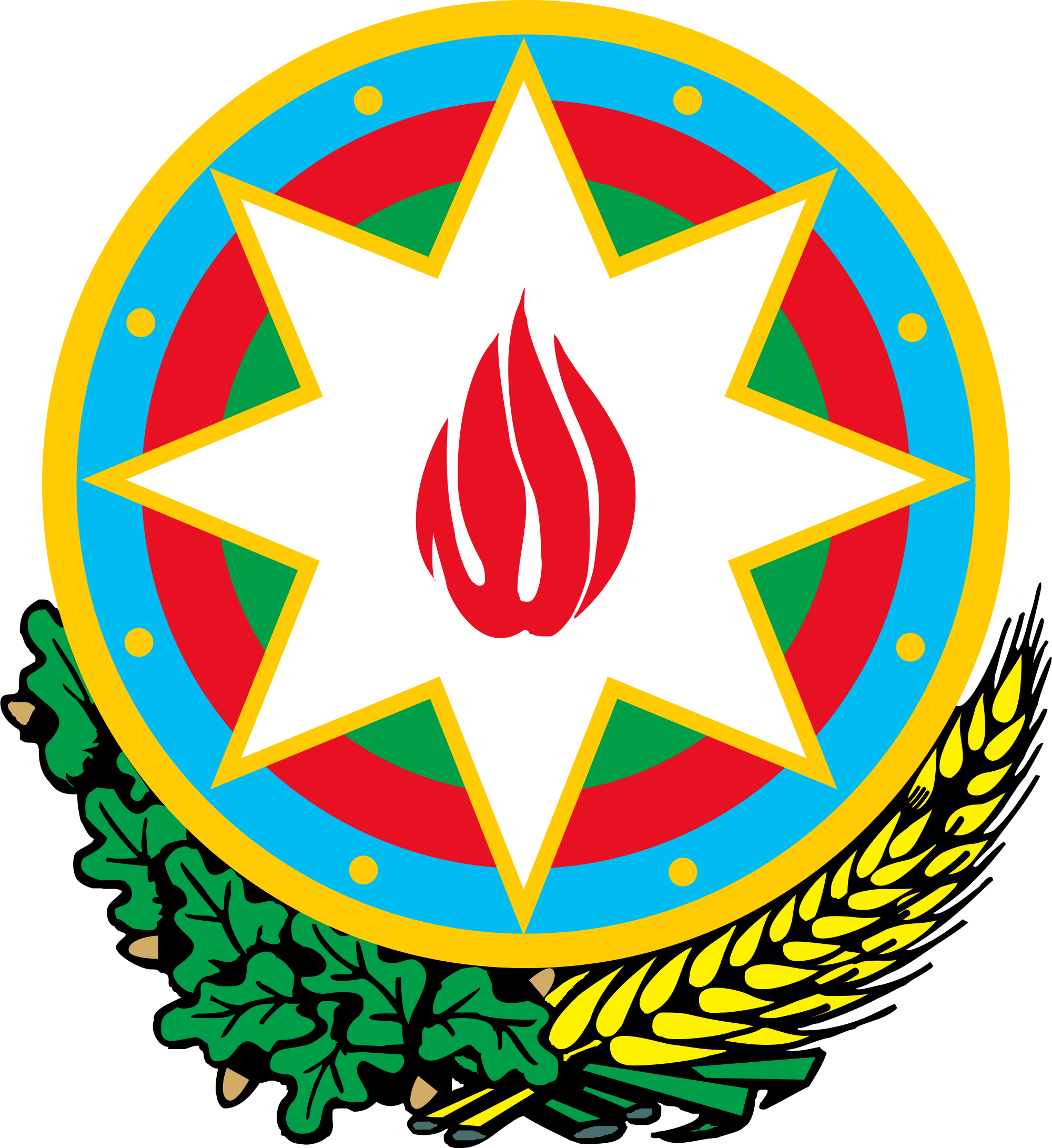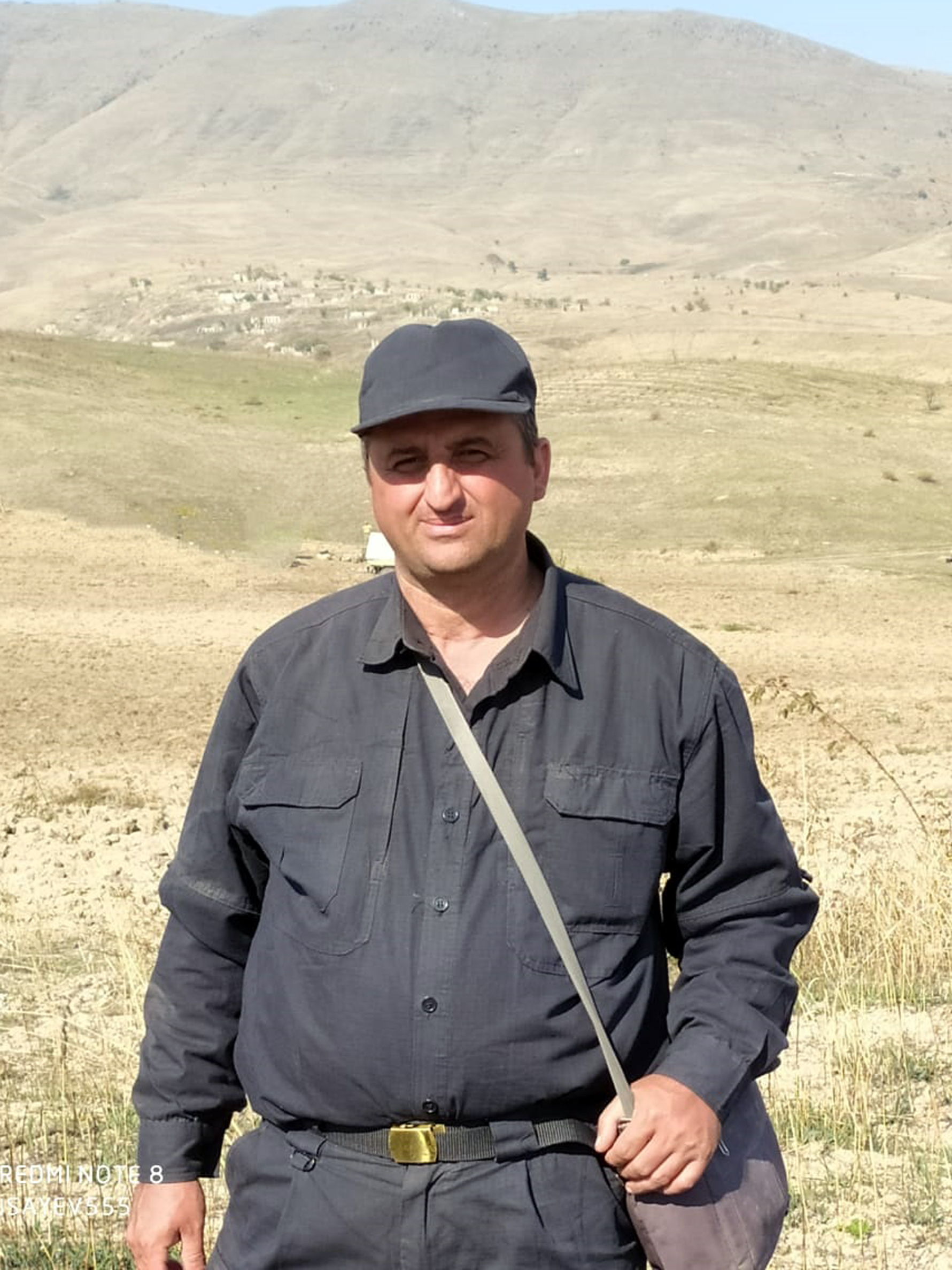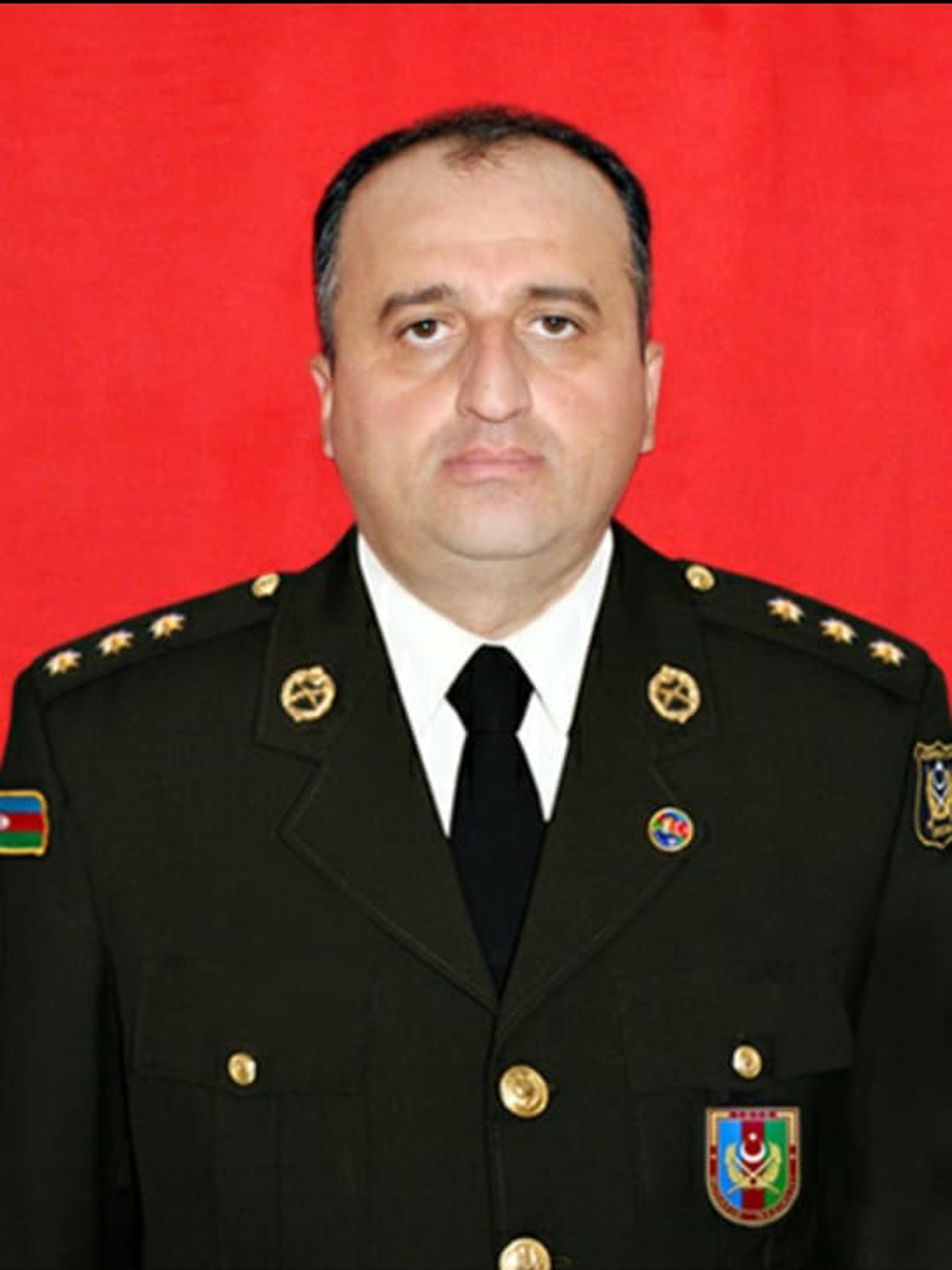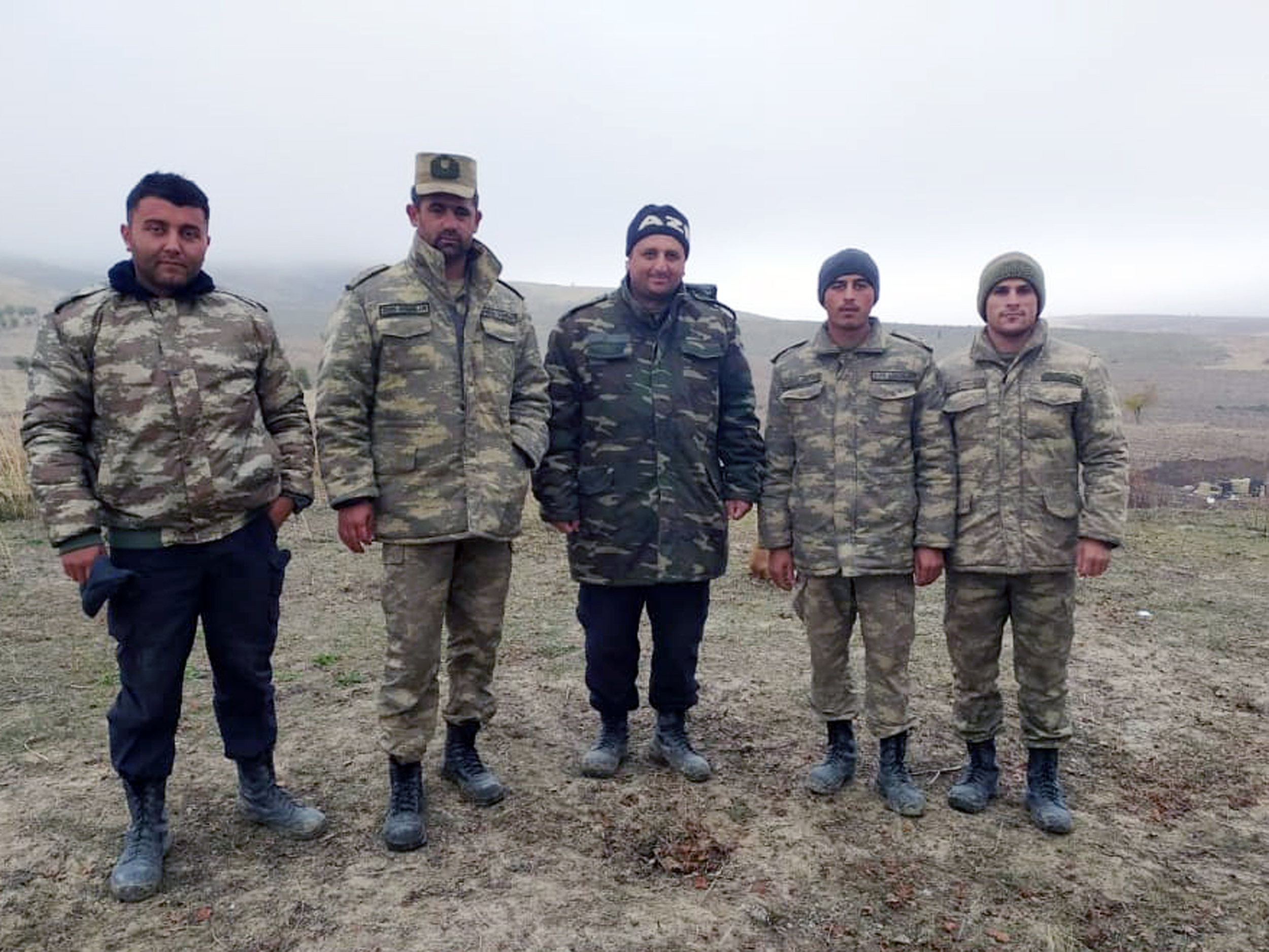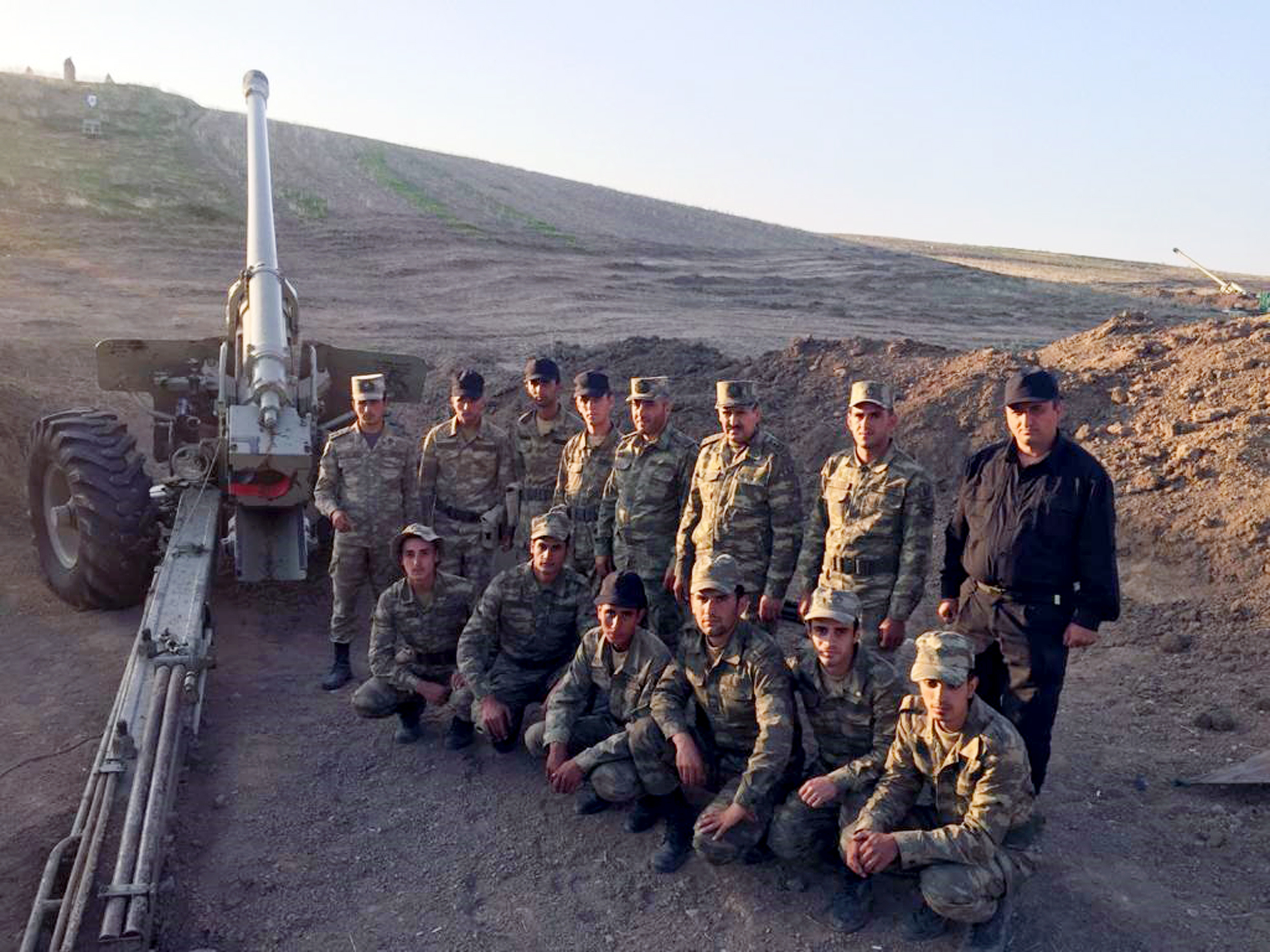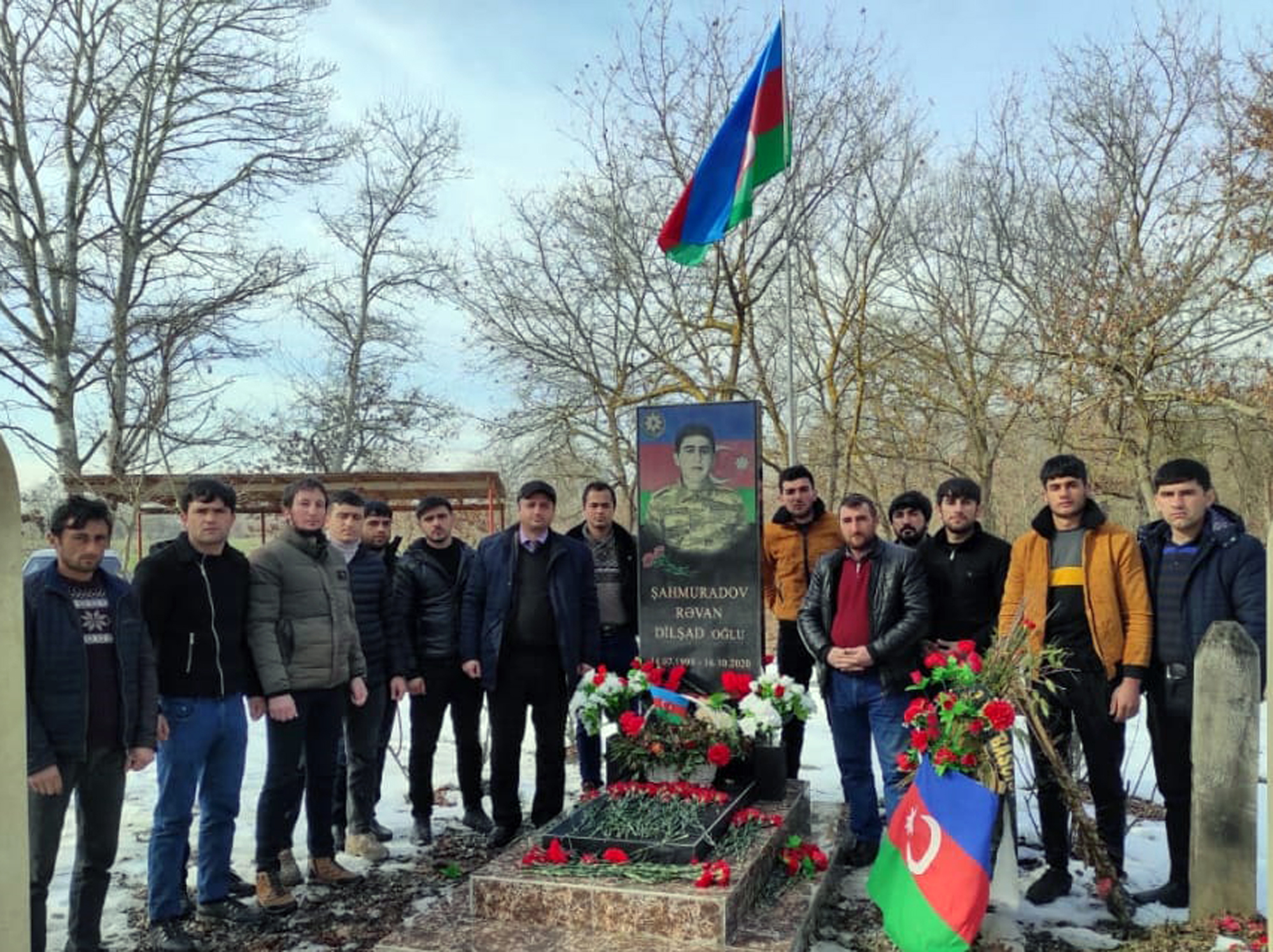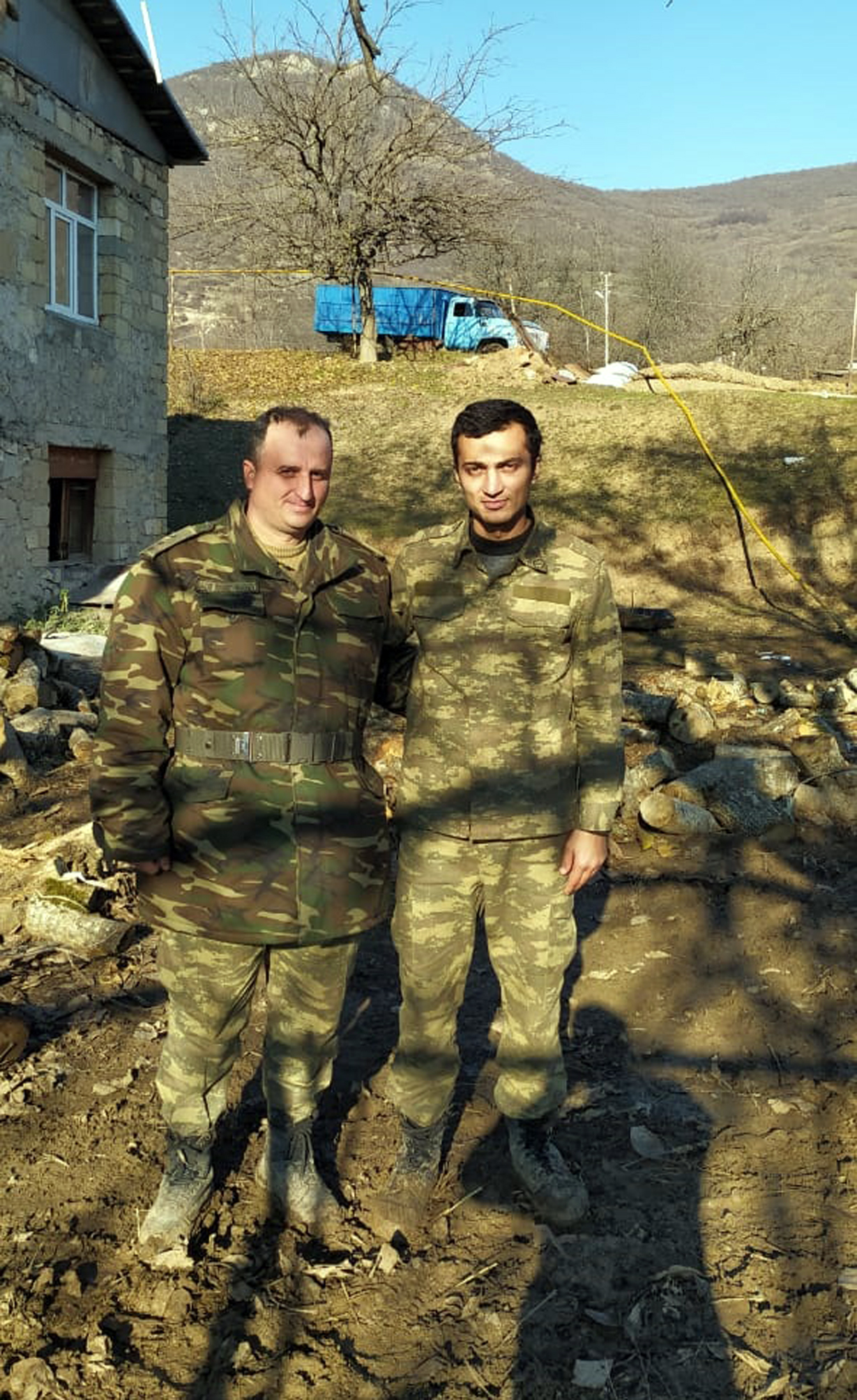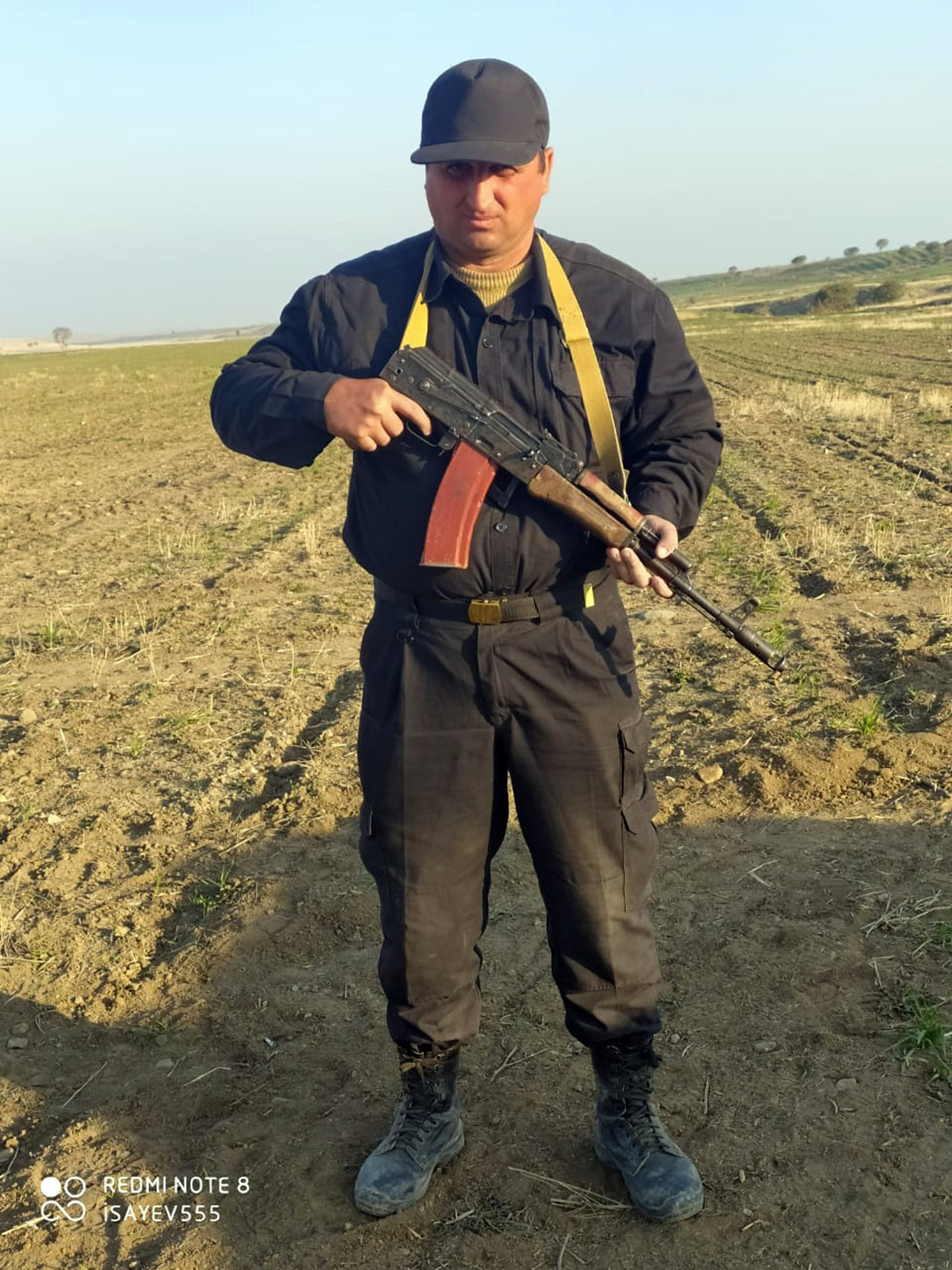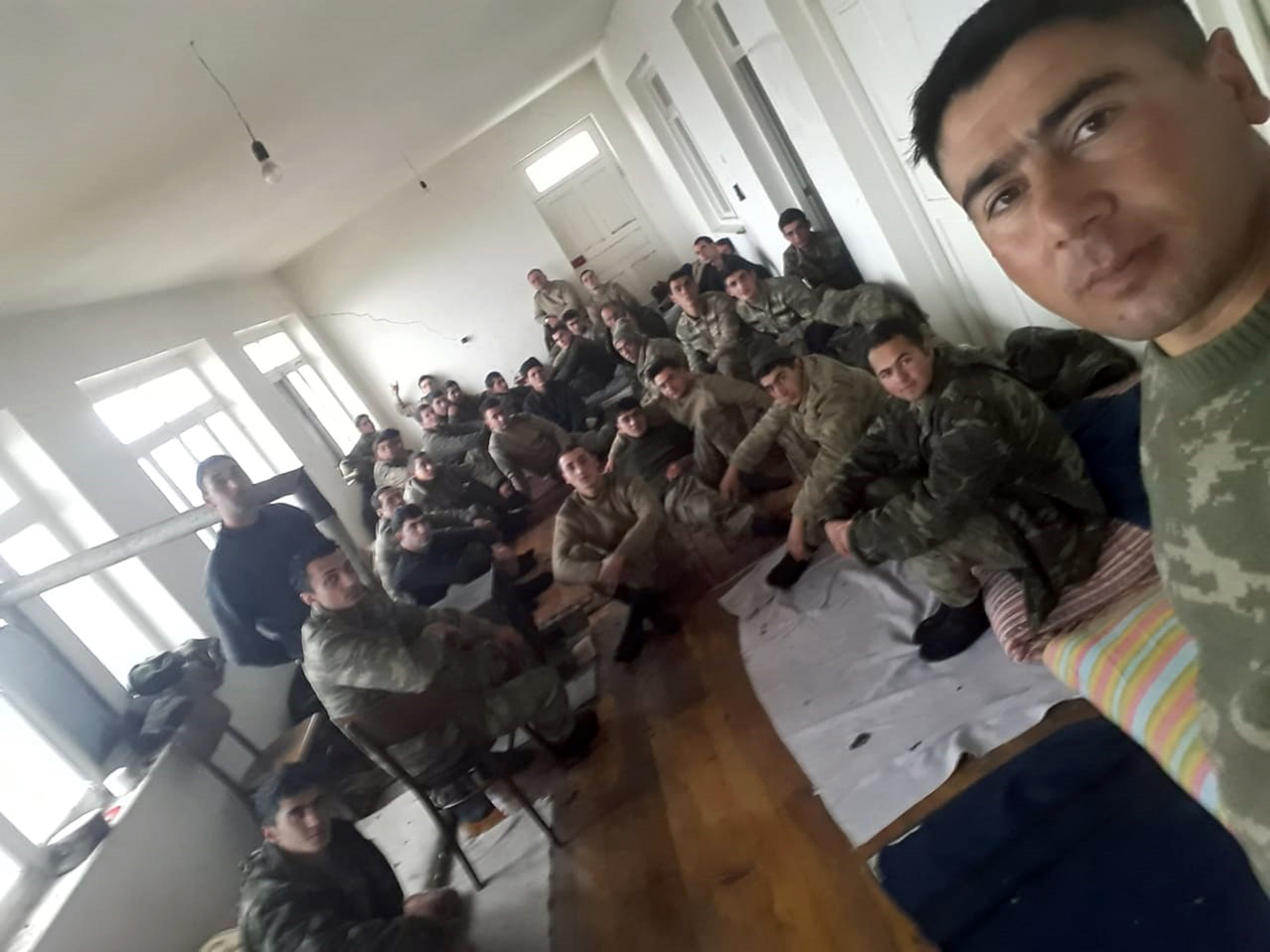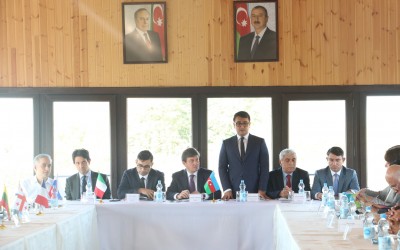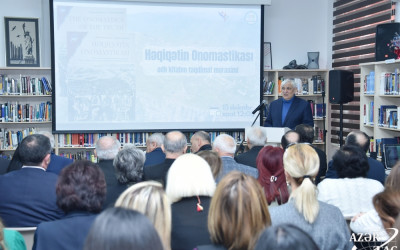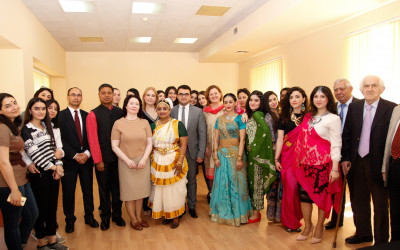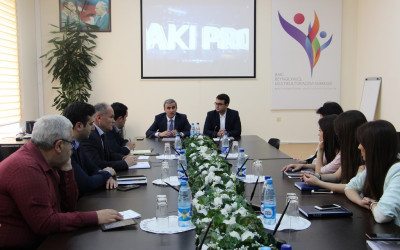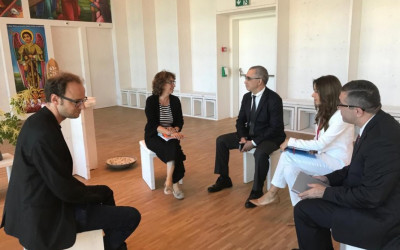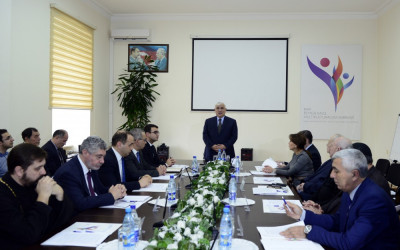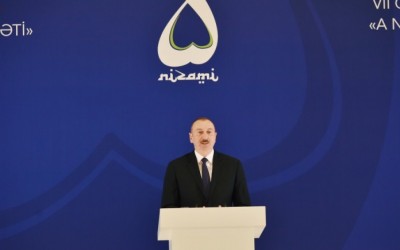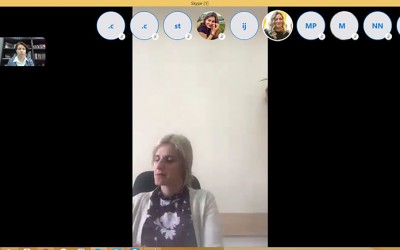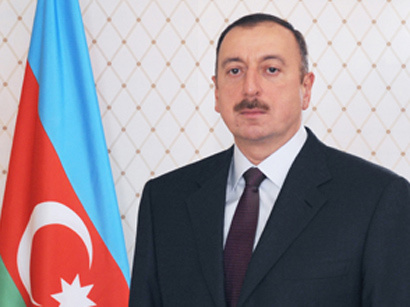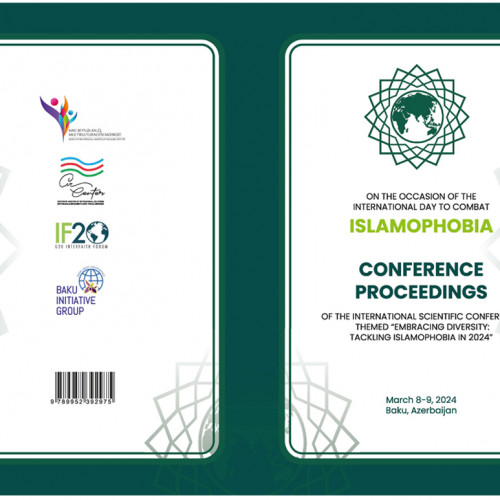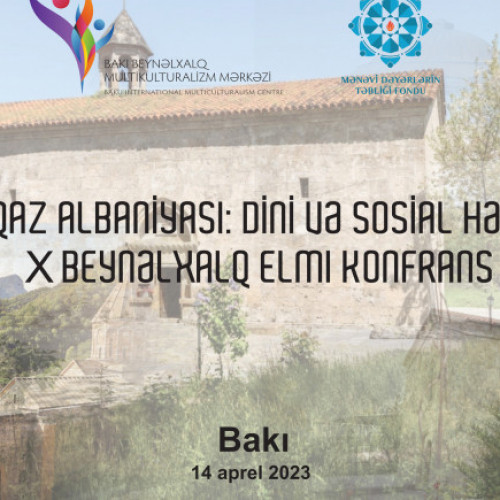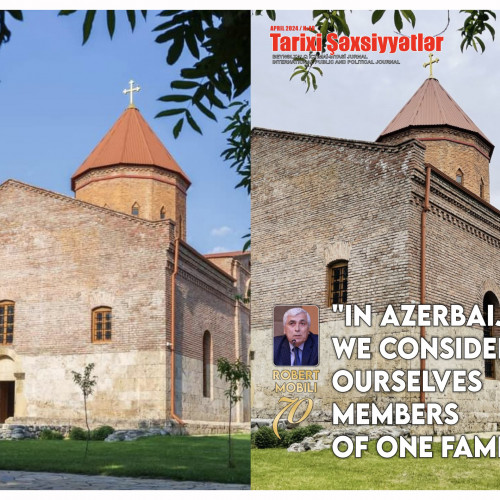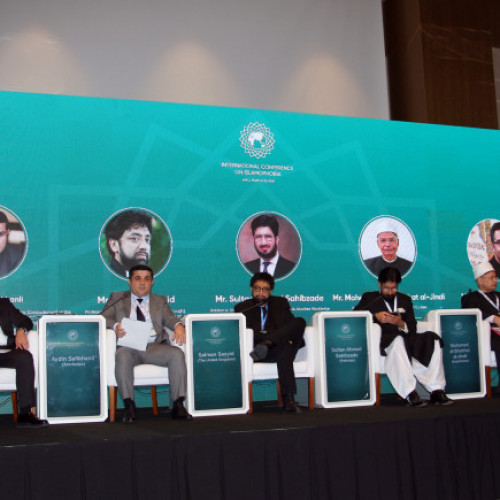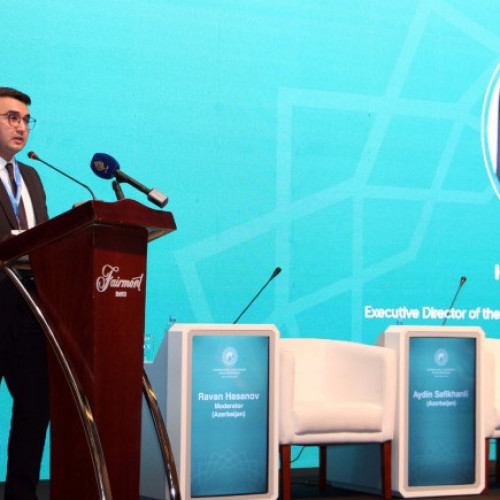Interview with Radif Mustafayev, Participant of the War for the Motherland
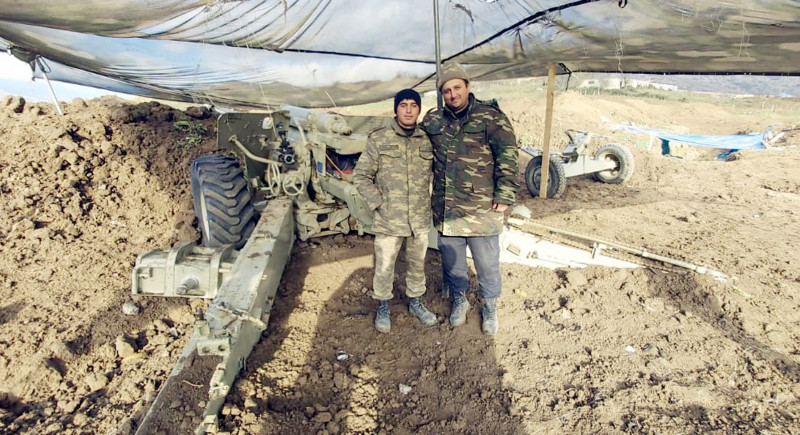
Radif Heybat Mustafayev was born on April 23, 1978 in Lankaran, Kanarmesha. In 1995-1999, he graduated from the Faculty of Social Sciences and Psychology of Baku State University with a bachelor's degree in philosophy, in 1999-2001 he graduated with a master's degree in social and philosophy with honors, and in 2001-2004 he studied the postgraduate course at Azerbaijan National Academy of Science. Between 2004 and 2006, he worked as a junior researcher at the Institute of Philosophy, Political and Legal Studies of ANAS (now the Institute of Philosophy and Sociology), and in 2007, after military service, he worked as a researcher at the Department of Religious Studies and Philosophical Problems of Culture, Institute of Philosophy and Law, ANAS. Currently, he is the leading researcher of the Islamic philosophy department. At many universities (Azerbaijan Institute of Tourism, Baku State University, State Administration Academy under the President of the Republic of Azerbaijan, Azerbaijan State Customs Academy, Azerbaijan University of Language) he has been engaged in pedagogical activities and being continued today. He is a Phd and associate professor. He has been dealing with multiculturalism issues since 2014 and he is one of the honorary members of Baku International Multiculturalism Center. During the Karabakh War II, he was drafted into the millitary as a senior lieutenant. He participated in the battles for Fuzuli, Jabrayil, Hadrut, Khojavand, Shusha as an artillery commander. He was awarded with medals for the liberation of Jabrayil, Fuzuli and Lachin.
- Mr. Radif, let's start the conversation with your way of fighting.
- In 2006, when I was drafted into the active military service, I served in the frontline, and in 2007 I was retired as a senior lieutenant. As a citizen and as a scientist, the subject of our occupied lands has always been a sore point for me. I also applied as a soldier during the April battles in 2016. But then I was not called up. This time, on September 21, we were involved in training by the Service on Mobilization and Military Recruitment. When I was drafted into the millitary, even then I was engaged in pedagogic activity, had lessons. I informed the relevant management about my call for military trainings and joined our army. On September 26, they took us to the front line. Along the way, as well as everywhere we went, the population supported us, greeted us with applause, and expressed their gestures. We were first brought to Arayatli village of Fuzuli, and our first position was there. I was appointed a platoon commander in the artillery. It is an irony of fate that the soldier who introduced us to the position and strategic points was one of our first martyrs - Ravan Shahmuradov. May God have mercy on all our martyrs. We went to the exercises, but in response to the Armenian provocation, we became participants of the war the very next day. After Arayatli, we went to Ashagi Abdulrahmanli village, and from there to Dashkasan village of Jabrayil. We turned around again and returned to Fuzuli - Suleymanli village. There I saw for the first time how a village genocide happens. It was as if there was no such village, there was not even an uncollapsed wall left. After Fuzuli, we visited Hadrut. Finally, Khojavand was the last stop I attended. First, we came to Tugh village of Khojavend. There were very heavy battles. Perhaps, that battle could be our last battle...
- Mr. Radif, the Patriotic war was the rightful cause of Azerbaijan, the war for the homeland. You have seen many bloody battles. But you were not just an officer in that war, you were also a scientist-researcher.
- Yes, the liberated lands were our victory. And as a scientist, I was also particularly interested in the Armenian and Russian literature and documents that I obtained in those villages. For example, after Tug, we moved to the village of Beyuk Taglar. They also Armenianized its name. But it is interesting that in the documents we took from the houses in that village, we saw the name of that village was recorded in Azerbaijani with its original name until the 70s and 80s. Or in those same documents, for example, the owner of one of the apartments there was listed as a citizen of the Azerbaijan SSR. They were citizens of Azerbaijan, and Karabakh always belonged to Azerbaijan. One note also caught my attention, thanks to the certificates given to Armenian students it became known that when Azerbaijan was still a Soviet republic even then the Azerbaijani language was not taught there. Later, I found out from another source that I got from there with the help of Major Samig Aliyev, chief of staff, that this fact, which existed until the 70s, was changed by the national leader Heydar Aliyev, who was our head of state at that time, and the Azerbaijani language was included as a compulsory subject in the curriculum. However, all these and other facts once again testify to the historical roots of the insidious intentions of the Armenian nationalists and separatists who settled there. That is, although I am not a professional historian by major, the falsifications, mistakes, and sometimes their contradictory views against themselves are clearly visible in their literature. With this wrong ideology, with these lies, they have poisoned the brains of the newly formed generation. The biggest harmful trend here is nationalism. Because there is a big difference between nationalism and nazism. Nationalism is claiming the superiority of one nation, one ethnic group over others. This is what Armenians have done throughout history. And not Armenian, they say "hay". All lands, all history are connected with the name of "hay".
- Mr. Radif, how will you convey these notes and research to the public?
- Currently, I am working on my war records, continuing my research and preparing a series of articles. I called this article "View to the Azerbaijani truths through war booties". I am trying to show in the research that this wrong ideology, this harmful trend leads to the tragedies of their own people. And these scientific results should be promoted. Because Armenians have always lived with nazism and harmful ideology. I saw that they mentioned it in their literature and documents. Back in the Soviet era - in the 60s, when Great Leader Heydar Aliyev worked in the security committee, he gave a legal assessment of their actions. He appealed to the Central Committee that they are engaged in nazism.
- Azerbaijan fought against such an enemy and won. What accompanied you on the way to victory?
- First of all, let me note that Azerbaijan's all-round advantage in the battle was clear from the first day. Despite all the difficulties and losses, the triumph of justice showed itself and we won. In addition to all spiritual unity, military-tactical superiority, divine justice and even nature were on our side. Of course, war is blood, loss, death. Since I have not been in such circumstances, as an intellectual, witnessing the death of people and seeing corpses was very difficult for me. But in war, everyone is united by one action: to perform the combat task correctly and only to move forward. We did it under the leadership of the Commander-in-Chief. And most importantly, feeling the support of the people throughout the entire battle was our greatest spirit of victory, our source of energy. Even from children, we were delivered letters. And the sons who were forced to leave Karabakh when they were still children fought and sacrificed their lives to bring us to those lands.

